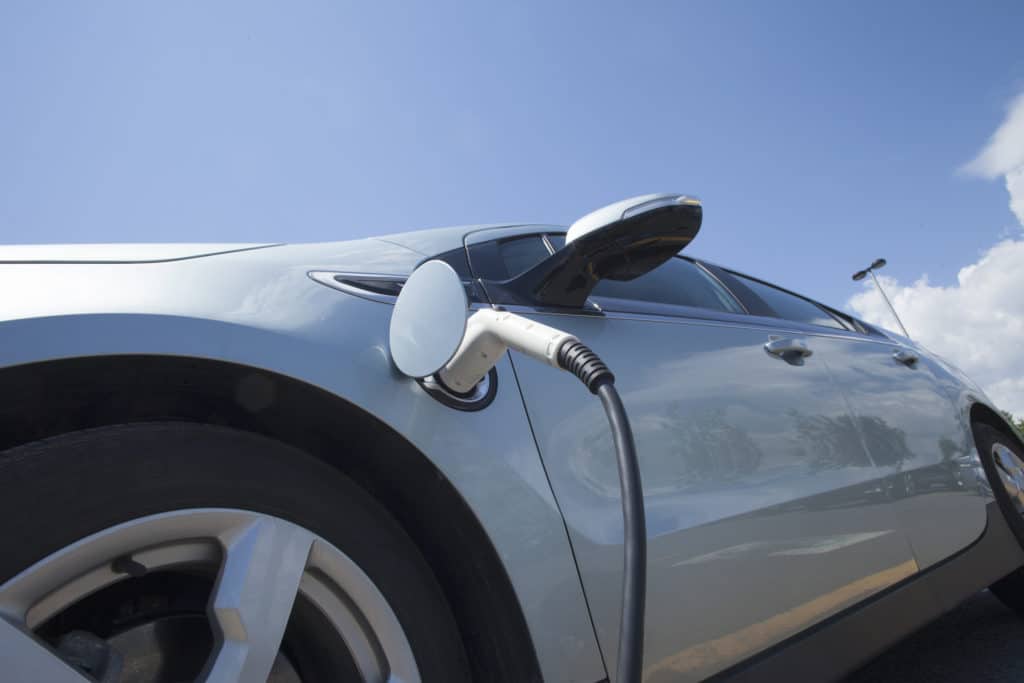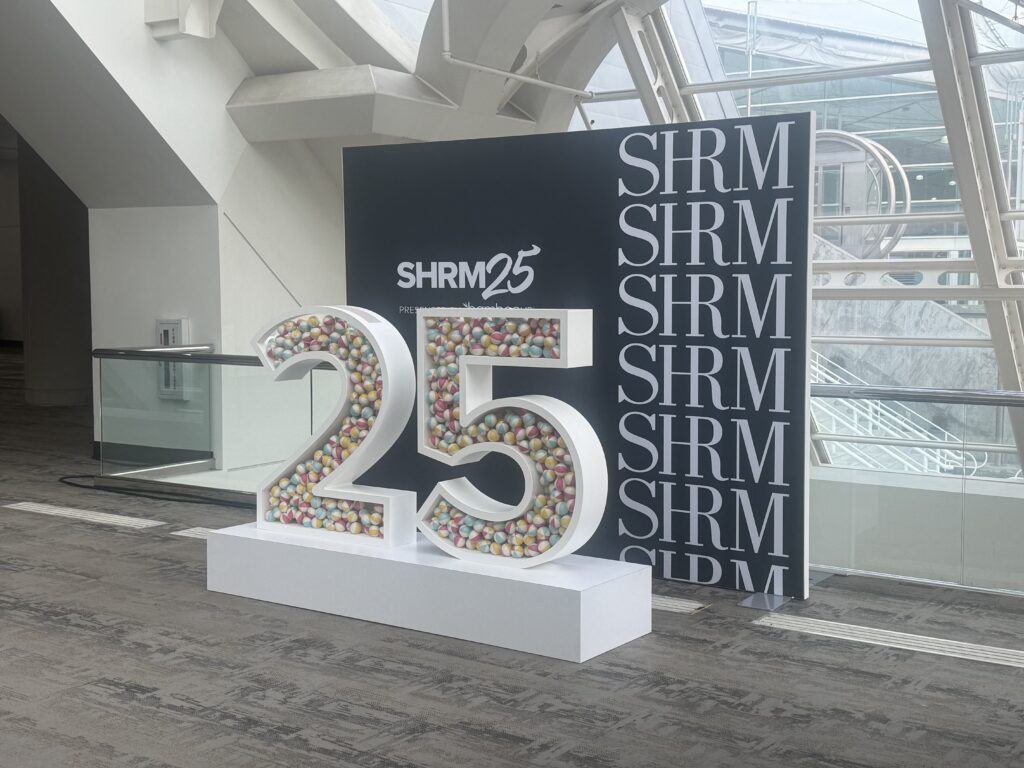New research reveals the hidden factors driving the shift away from company cars toward personal vehicle reimbursement programs
The company car has long been considered a coveted employee benefit—a symbol of corporate success and a practical solution for businesses with mobile workforces. But new data suggests this traditional approach may be working against both employee satisfaction and business objectives.
According to Motus’s comprehensive 2025 State of Corporate Driving in America Benchmark Report, 68% of former fleet drivers report increased job satisfaction after transitioning to reimbursement programs. This striking statistic represents more than a preference shift—it signals a fundamental transformation in how employees view the relationship between their work and their vehicle.
Here’s why former fleet drivers report higher job satisfaction after shifting to vehicle reimbursement programs.
The Great Vehicle Program Migration
The numbers tell a compelling story of changing workforce expectations. Employee satisfaction increases 43% when workers are allowed to choose vehicles that match their lifestyle needs, demonstrating that personalization in vehicle programs drives significantly better outcomes than one-size-fits-all approaches.
This isn’t simply about having a newer car or better features. The research reveals that the transition from fleet vehicles to personal vehicle reimbursement addresses deep-seated employee needs that traditional company car programs often ignore.
Beyond the Keys: What Really Drives Satisfaction
When employees were asked about the advantages of using personal vehicles for work, their responses revealed what truly matters in today’s mobile workplace:
Lifestyle Fit Ranked #1: The ability to drive a vehicle that best fits personal lifestyle was overwhelmingly ranked as the top benefit. This goes beyond mere preference—it’s about alignment between personal identity and professional requirements.
Ownership Comfort: Employees consistently report feeling more comfortable and confident driving a personally-owned vehicle versus a company car. This psychological factor translates into improved performance and reduced stress during work-related driving.
Maintenance Control: The ability to choose preferred maintenance providers and service schedules gives employees a sense of agency often missing in fleet programs where maintenance is centrally managed and potentially inconvenient.
Financial Advantages: Tax-free monthly reimbursements provide clear, immediate financial benefits that employees can see and appreciate, unlike the often-hidden costs and tax implications of company vehicles.
The Choice Advantage
As the 2025 benchmark data demonstrates, the era of one-size-fits-all vehicle programs is ending. Employee preference has shifted decisively toward personal vehicle choice, and organizations that recognize this trend will gain significant competitive advantages in attracting and retaining mobile talent.
The 68% satisfaction improvement among former fleet drivers isn’t just about vehicles—it’s about respect for employee autonomy, recognition of individual needs, and trust in employee decision-making. These factors create a positive workplace culture that extends far beyond transportation.
The question for organizations is not whether employee preferences are shifting—the data conclusively proves they are. The question is whether your organization will proactively embrace this change or wait until competitive pressure forces adaptation.
The most successful companies will be those that view vehicle programs not as a necessary cost center, but as a strategic tool for employee engagement, satisfaction, and retention. In an era where talent acquisition and retention are critical competitive advantages, the choice between fleet vehicles and personal vehicle reimbursement isn’t really a choice at all.
Want to explore the complete picture? The full 2025 State of Corporate Driving in America Benchmark Report contains detailed analysis of transition strategies, industry-specific insights, and comprehensive data on employee preferences across vehicle programs.
Download the complete report to access strategic recommendations that can help you design a vehicle program that drives both employee satisfaction and business success.







